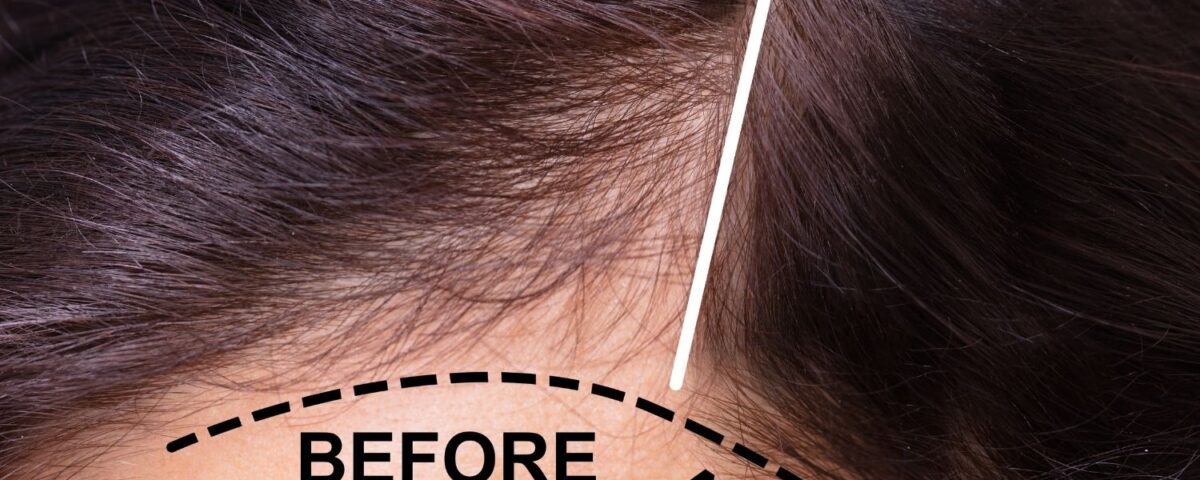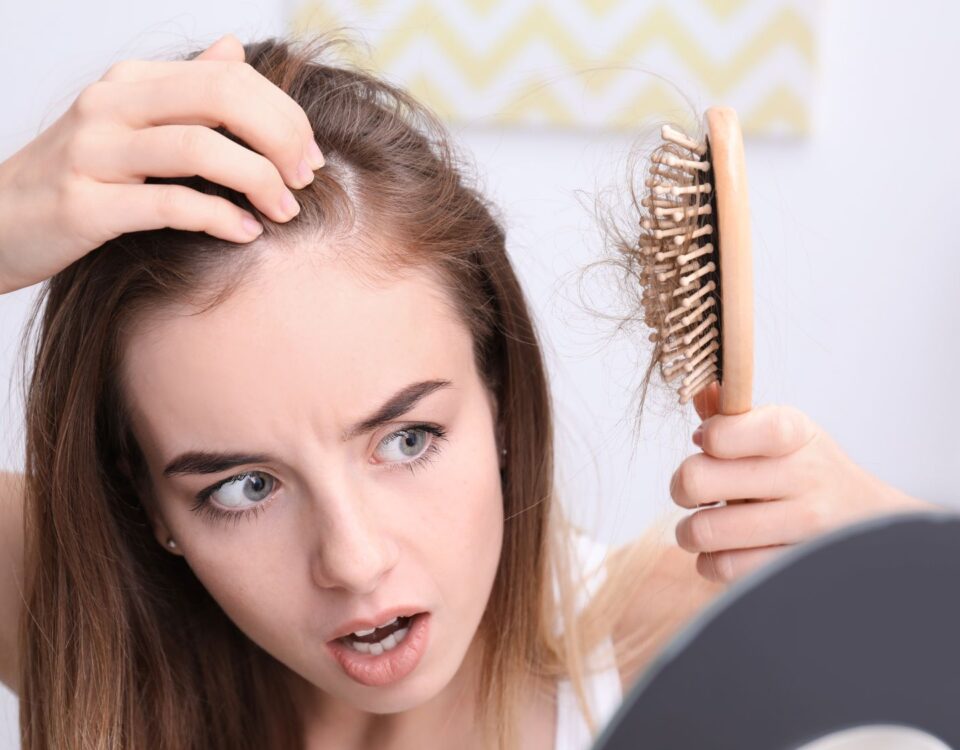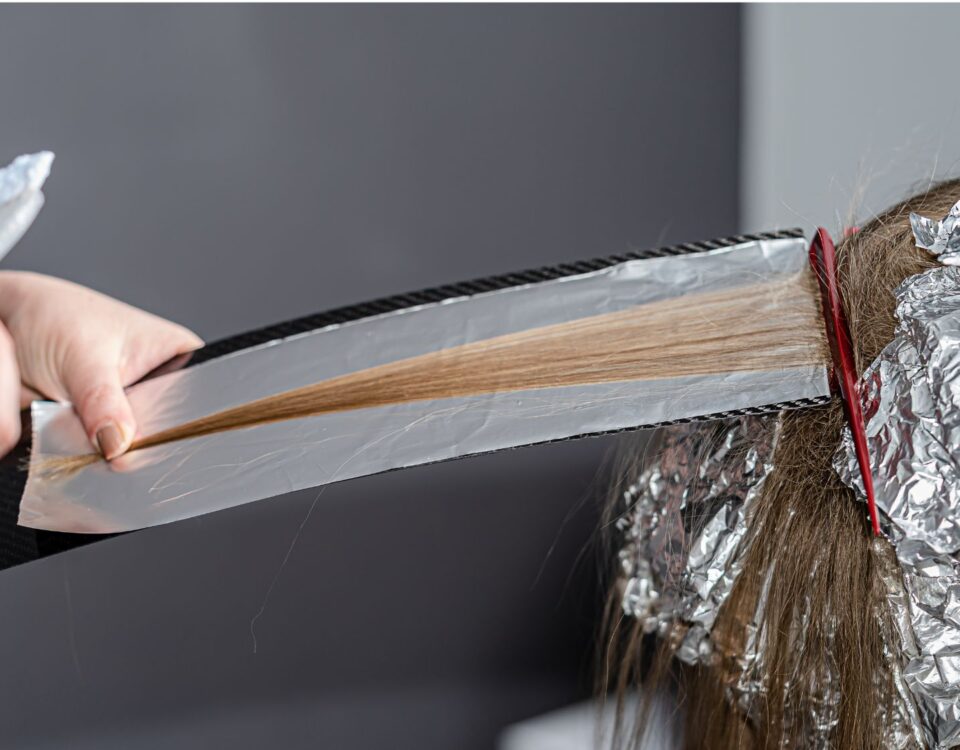
What Causes Hair Loss?
December 31, 2023Hair loss, a concern that affects both men and women worldwide, often leads to a significant impact on self-esteem and psychological well-being. Understanding the causes of hair loss and the potential for reversal is crucial for those seeking solutions. This blog aims to provide a thorough exploration of hair loss, its causes, and the viability of reversal treatments.
Understanding Hair Loss
Before delving into reversal methods, it’s essential to understand what causes hair loss. Hair loss, or alopecia, can result from various factors, including genetics, hormonal changes, medical conditions, medications, and lifestyle factors. The most common type of hair loss is androgenetic alopecia, known as male or female pattern baldness, attributed mainly to genetic and hormonal factors.
Types of Hair Loss
- Androgenetic Alopecia: A hereditary condition that affects both men and women. Men may experience hairline recession and bald spots, while women might notice thinning hair.
- Telogen Effluvium: Often temporary, this condition is typically caused by stress, illness, or hormonal changes, leading to widespread thinning of the hair.
- Alopecia Areata: An autoimmune disorder where the immune system attacks hair follicles, resulting in patchy hair loss.
- Traction Alopecia: Caused by tight hairstyles pulling at the hair root, leading to hair loss.
Can Hair Loss Be Reversed?
The possibility of reversing hair loss largely depends on the underlying cause. Here’s a breakdown of various treatments and their effectiveness:
- Medication: For genetic hair loss, medications like Minoxidil (Rogaine) and Finasteride (Propecia) have been proven to be effective in slowing down hair loss and, in some cases, stimulating regrowth. However, these treatments require ongoing use, and their effectiveness varies from person to person.
- Lifestyle Changes: A healthy diet, stress management, and avoiding hairstyles that pull on the hair can improve hair health and prevent further loss.
- Hair Transplants: Surgical procedures like hair transplantation can be effective for certain types of hair loss. They involve moving hair from one part of the scalp to the thinning or balding areas.
- Low-Level Laser Therapy (LLLT): This form of light therapy is believed to stimulate hair growth by increasing blood flow and energy to the hair follicles.
- Platelet-Rich Plasma (PRP): Involving injections of one’s own platelets into the scalp, PRP therapy is said to promote healing and hair growth.
Factors Affecting Reversal Success
- Age and Health: Younger individuals with no underlying health conditions generally have a better chance of reversing hair loss.
- Duration and Severity: Early intervention is key. The longer the hair has been gone, the less likely it is to fully regrow.
- Underlying Cause: Reversal is more likely if the cause is temporary, such as stress or medication.
The Psychological Impact of Hair Loss
Addressing the psychological aspect is as important as treating the physical symptoms. Hair loss can lead to a decrease in self-confidence and, in some cases, depression. Support groups and counseling can be beneficial alongside medical treatments.
Conclusion
While hair loss can often be an inevitable part of aging or genetics, understanding the underlying causes is the first step towards finding an appropriate treatment. The possibility of reversing hair loss depends on various factors, including the type of hair loss, its severity, and how early treatment begins. If you’re experiencing hair loss, consult a healthcare professional or a dermatologist to discuss the best course of action for your specific situation. Remember, while not all hair loss can be reversed, advancements in treatments are continually evolving, offering hope to many.




